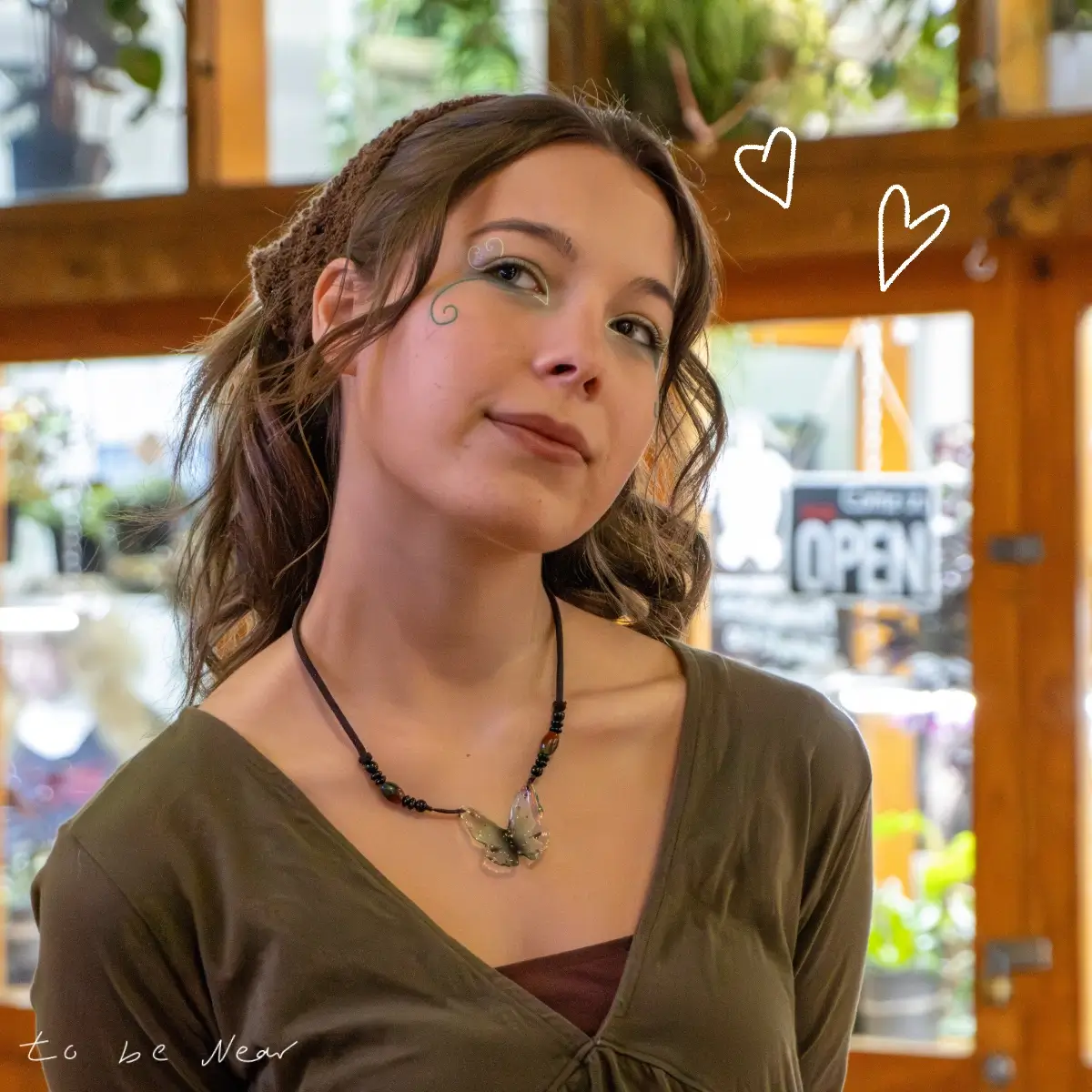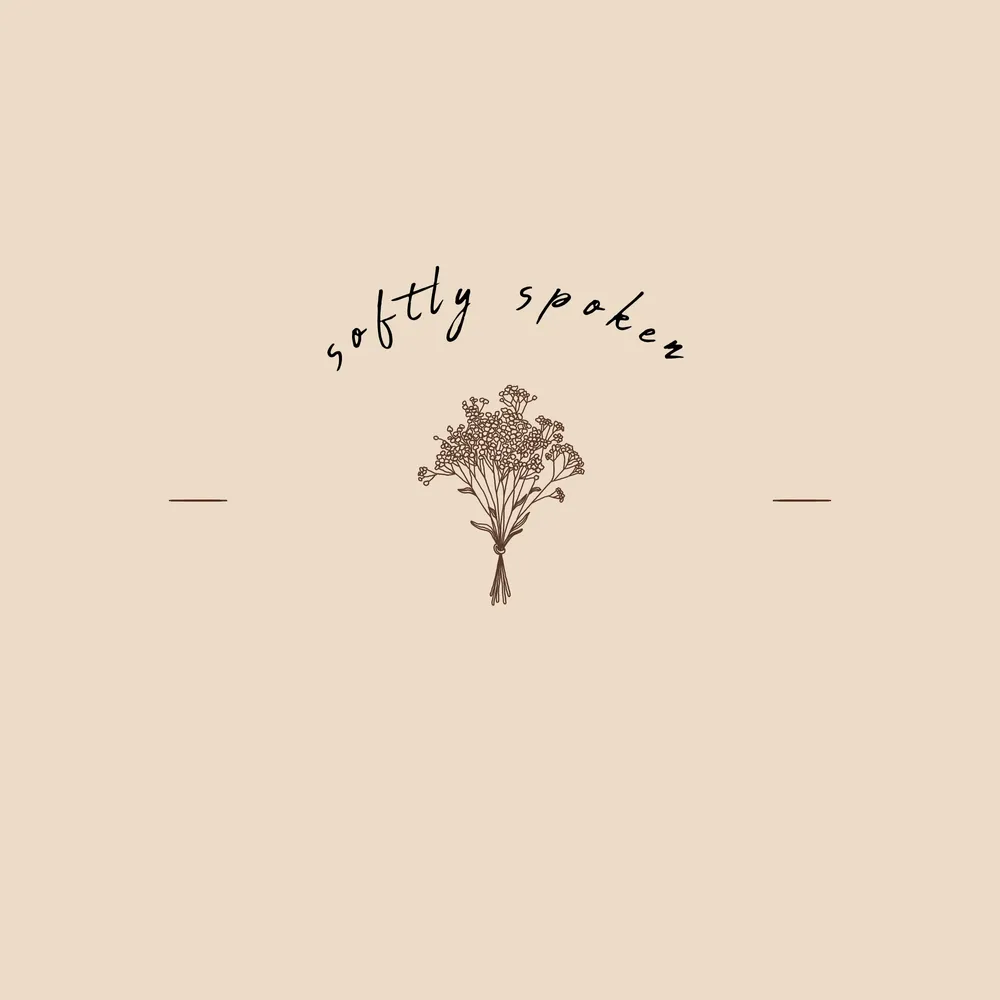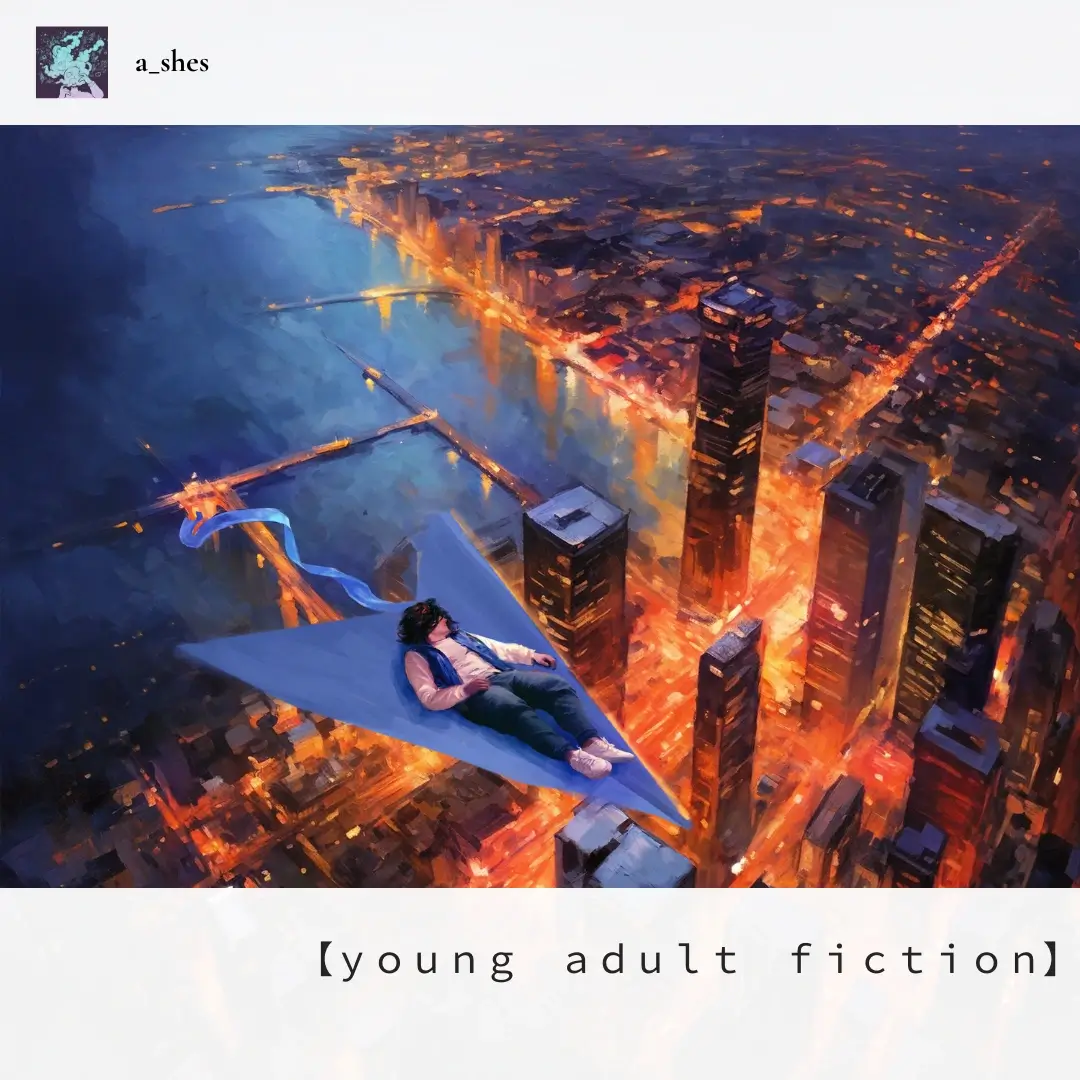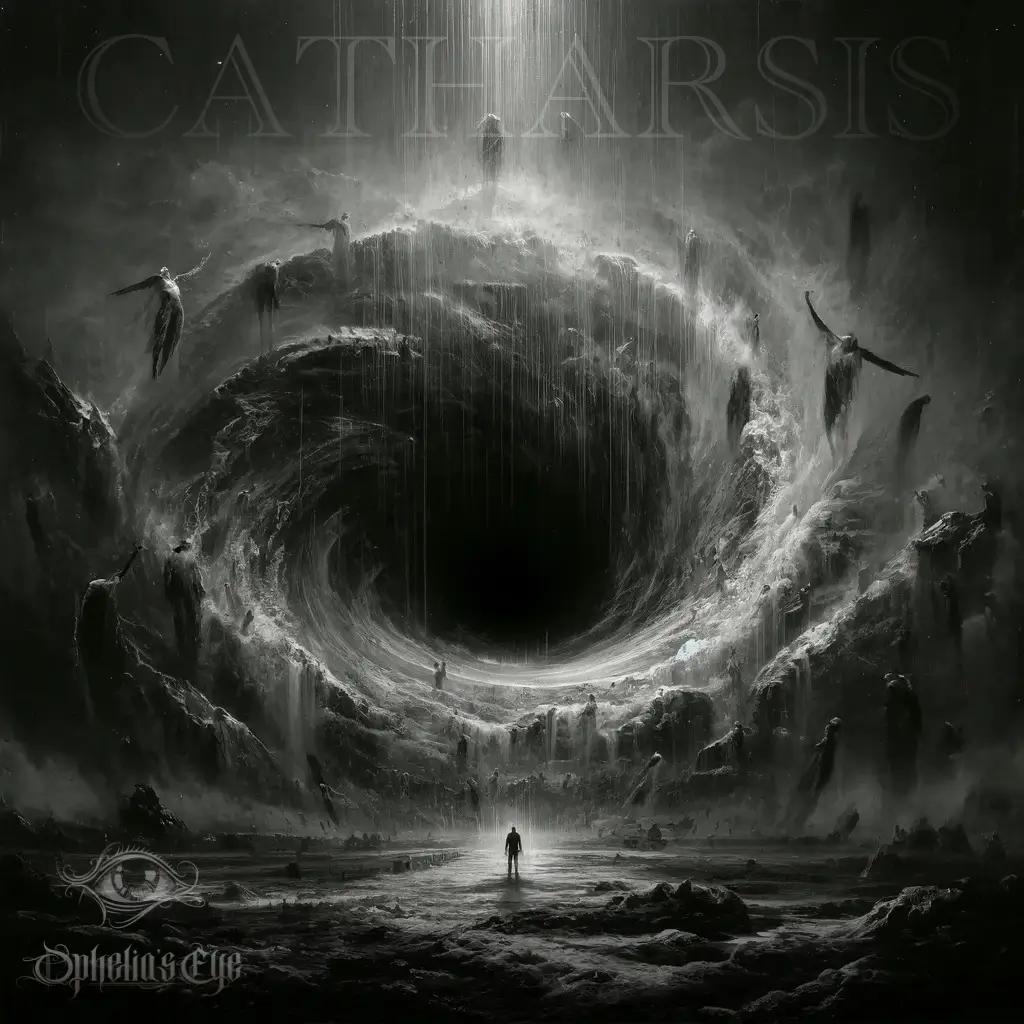The Armchair Captains’ latest album The Shrub Layer is named after that part of the forest that sits awkwardly between the canopy and the soil, full of smaller plants, brambles, and a surprising amount of life you’ll never see unless you get your knees muddy. The band’s implication is clear: they live here now, surrounded by insects and grubs, and they’re perfectly fine with it.
It’s a surprisingly honest framing for a record that’s part prog-rock odyssey, part jazz club fever dream, and part “what if Fiona Apple made Extraordinary Machine but with more trombone?” It’s eclectic without feeling like an accident, which is more than you can say for a lot of genre-fusion experiments.
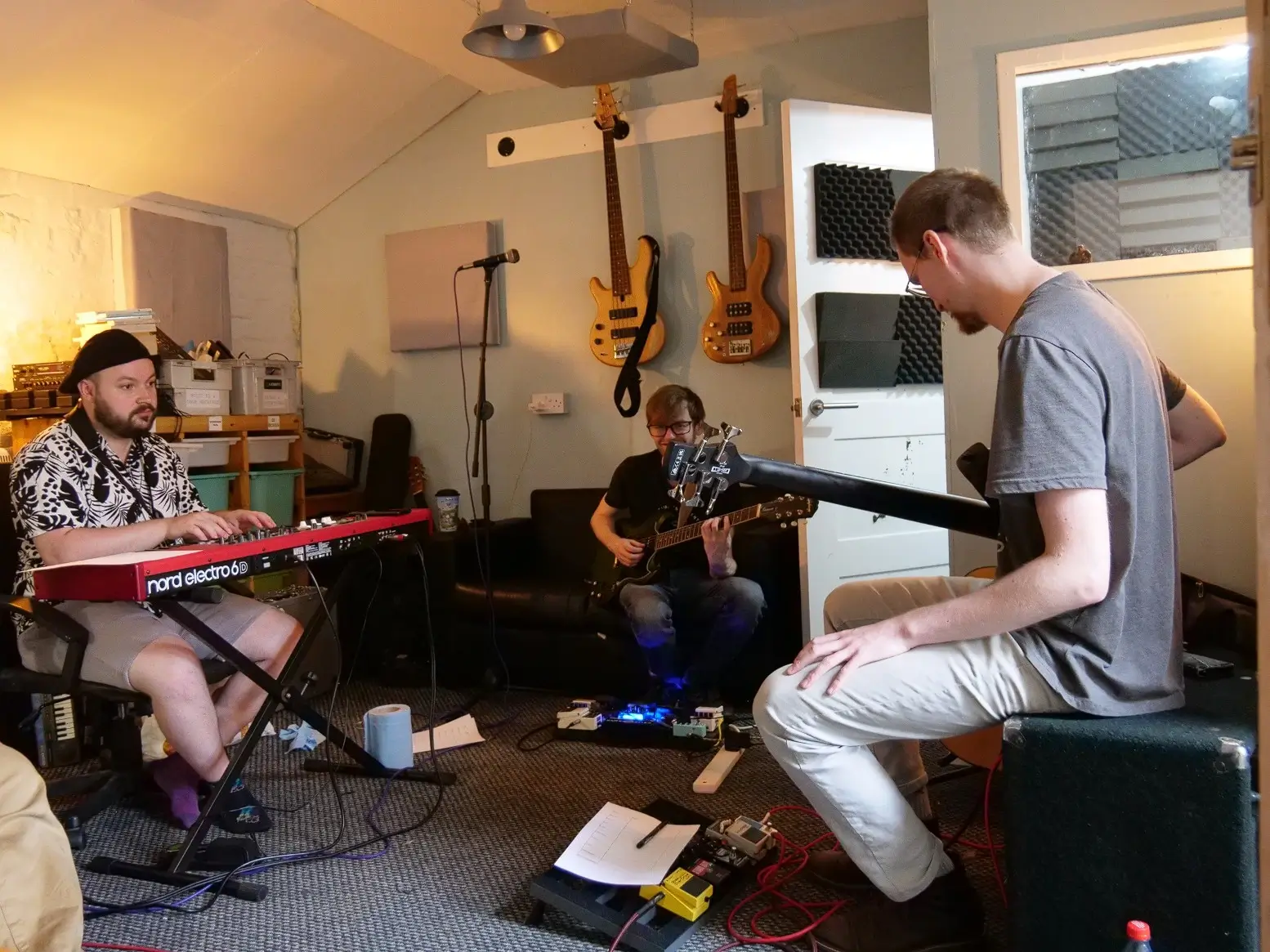
From the opening track, it’s clear The Shrub Layer isn’t interested in doing one thing for too long. Apple Tree and Outside lean into swing and neo-jazz, all breezy horn lines and shuffling grooves; the kind of songs that make you want to walk into a bar where everyone inexplicably knows how to dance. Then you hit GoBackIWantToBe, Rolling Boulder, and Tarantula, and suddenly you’re in heavier progressive rock territory, complete with odd time signatures and riffs that drop like actual rocks. Pool and Beeness go full experimental, less “verse-chorus-verse” and more “sonic terrarium you can live inside for four minutes.”
But the band isn’t just stitching together different styles for the sake of novelty. They’ve built small thematic and sonic connections between tracks; a brass motif here, a rhythmic quirk there, all so the album feels like one long walk through varied terrain. The most fascinating trick in their arsenal is what they call “ghostverb.” Instead of relying on standard digital reverb for the vocals, they let the echo be provided by other instruments: a saxophone tail here, a backing vocal there, even a hit from the percussion section. It’s the kind of idea that sounds pretentious until you hear it, at which point you realize it works beautifully, making every vocal line feel like it’s physically interacting with the rest of the band.
Lyrically, nature is everywhere; sometimes literal, sometimes metaphorical. No Roots turns a jazz-inflected groove into a meditation on displacement. Sycamore Seeds spirals and drifts in both words and arrangement, evoking its namesake with almost irritating cleverness. Walking Downhill does exactly what it says on the tin: a slow, inevitable progression that feels less like a song ending and more like gravity winning. Then there’s Ginger & Lemon, which is refreshingly light and tangy in the middle of the tracklist, as if the band decided you needed a palate cleanser before diving back into the undergrowth.
If there’s a standout, it might be Juniper, which is the most “prog” thing here in both ambition and execution. It changes direction multiple times, weaving in big brass swells, tight jazz-funk interludes, and moments of near-silence that make the climaxes hit harder. It’s the kind of track that proves the band knows exactly what they’re doing; they just don’t feel the need to explain it to you first.
The musicianship is uniformly excellent. Lomax’s guitar playing is a study in contrasts, switching from warm, clean chord work to jagged, angular riffs without ever feeling forced. The band is just as comfortable layering atmospheric keys as they are at taking the spotlight with nimble sax runs. The bass anchors the entire project with lines that are deceptively complex, and the drumming walks the fine line between tight groove and rhythmic showboating. The vocals aren’t about overpowering the mix. Rather, they’re about guiding you through it, like a slightly bemused nature documentary narrator who occasionally bursts into song. The sequencing is clever, too. The band resists the urge to put all the accessible stuff up front, instead alternating between grounded, melodic tracks and stranger, more experimental pieces. It forces you to listen to the album as a whole. Which is the point, because it’s the whole forest that matters, not just the trees you find prettiest.
And that’s where The Shrub Layer wins you over. It’s not just an album about nature, or about the parallels between ecosystems and music scenes. It’s an album that functions like an ecosystem: diverse, interconnected, and a little chaotic, but balanced in ways you only notice when you step back.
That’s the kind of self-awareness you don’t often get from prog-jazz fusion bands. They know they’re not storming the mainstream canopy anytime soon. But they also know that what grows in the understory can be stranger, denser, and more rewarding than anything in the open air.
The Shrub Layer is a record that’s confident enough to be exactly what it is: intricate, unpredictable, and slightly damp. It asks you to slow down, listen closely, and maybe get a bit of mud on your shoes. If you’re willing to meet it on its own ground, you might find it’s one of the most alive albums you’ll hear all year.
Follow The Armchair Captains
About the Author

A tenured media critic known working as a ghost writer, freelance critic for various publications around the world, the former lead writer of review blogspace Atop The Treehouse and content creator for Manila Bulletin.


